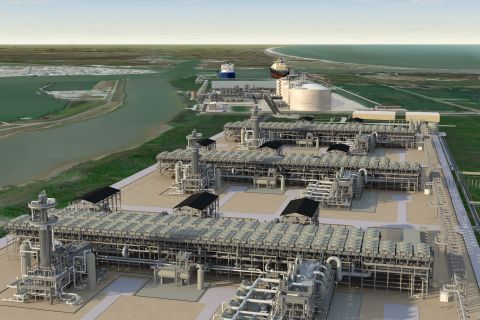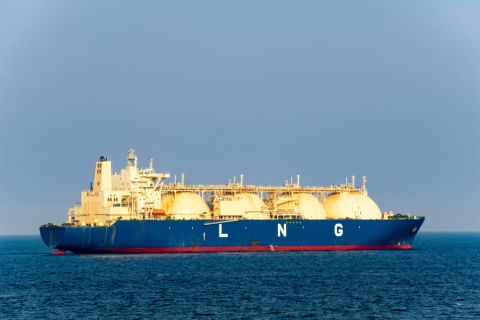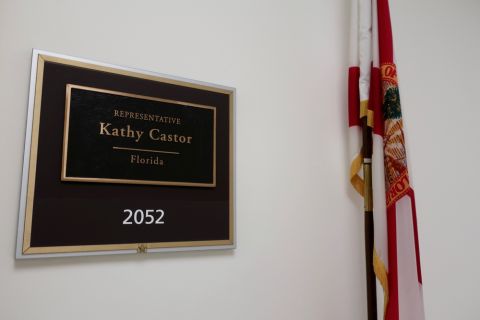Plains All American Pipeline (PAA) reported strong second-quarter results highlighted by improved operations and a $225 million bolt-on acquisition in the Permian Basin.
Plains All American closed on its Permian bolt-on deal July 28 to acquire Diamondback Energy’s 43% share in the OMOG JV LLC pipeline. The acquisition “further improves our premier Permian footprint in an efficient disciplined manner,” Willie Chiang, Plains All American chairman and CEO, said during the company’s Aug. 4 earnings conference call.
Assets acquired in the deal include roughly 400 miles of crude oil gathering and regional transport pipeline, along with 350,000 bbl of crude oil storage. Excess free cash flow was used to fund the acquisition. Chiang noted the acquisition was consistent in maintaining capital discipline while also complementing the company’s existing footprint.
Jeremy Goebel, executive vice president and chief commercial officer at Plains, said the deal strengthens the company’s relationship with Diamondback Energy by making a clear delineation between the roles of both companies.
“[This deal] further aligns us with Diamondback. They want to drill wells and feel very comfortable with us as operators. It made sense for us to acquire this position,” Goebel said on the call.
The company’s asset base in the Permian enables Plains to extract synergies in the region. Executives said the company will remain financially disciplined with A&D opportunities by focusing on further bolt-ons in the play.
Earnings up, expansion continues
PAA’s diversified asset base helped the company to strong results for the quarter, with Chiang noting Plains’ revised outlook anticipates lower-than-expected production from the play. Volumes dipped because of lower commodity prices and excessive heat in the area that resulted in incomplete wells this summer, he said.
“We ended up with some weather problems in June and July. There were also some gas plant issues and producers have been very disciplined not to flare. There hasn’t been as much incentive to try to produce,” Chiang said.
For the quarter, PAA’s net income rose 39% to $349 million from $251 million in the previous year’s quarter. This led company officials to increase adjusted EBITDA guidance for 2023 to the high end of the spectrum, in the range of about $2.45 billion to $2.55 billion.
He added it’s likely estimates will change due to improving oil prices, which he expects to be further strengthened by the decision by OPEC+ to maintain its oil production levels for the rest of the summer.
Besides the Permian bolt-on acquisition, Plains also announced it sanctioned the 30,000 bbl/d Fort Saskatchewan Train 1 debottleneck and expansion project.
“We added connectivity projects to both our Co-Ed Y-grade gathering pipeline and our Fort [Saskatchewan] fractionation complex, which further integrates and expands our NGL system,” Chiang said. The investments fit within the company’s previously communicated expectations for total average annual capital spend of $300 million to $400 million a year.
The Train 1 debottleneck and expansion project will help the company offset the expiration of a third-party liquids supply agreement contract at year-end 2024. This contract expiration will also help Plains reduce its overall frac spread exposed volumes by about 15,000 bbl/d. This expiration will be EBITDA neutral in 2025 and beyond in a $0.55 per gallon (gal) to $0.60 gal frac spread environment.
While the Train 1 project is moving forward, the Train 2 expansion project at Fort Saskatchewan is not, since it failed to meet the company’s required return thresholds.
Instead, the company identified some lower-cost brownfield opportunities around the Train 1 system, including utilizing existing capacity in Sarnia.
The company anticipates going from strength to strength by continuing to de-risk its positions.
“Macro uncertainty continues to drive volatility in both the crude and NGL markets,” Chiang said. “However, we previously took steps to proactively mitigate this risk by entering into a combination of short-term crude contracts and hedges in the long-haul crude business, along with our substantial hedge position in our NGL business. Over the long term, Plains remains well-positioned as North American supply will continue to be critical to meeting growing global demand.”
Recommended Reading
Segrist: The LNG Pause and a Big, Dumb Question
2024-04-25 - In trying to understand the White House’s decision to pause LNG export permits and wondering if it’s just a red herring, one big, dumb question must be asked.
Silver Linings in Biden’s LNG Policy
2024-03-12 - In the near term, the pause on new non-FTA approvals could lift some pressure of an already strained supply chain, lower both equipment and labor expenses and ease some cost inflation.
White House Open to Ending LNG Export Pause in Push for Ukraine Aid, Sources Say
2024-04-02 - Reversing the pause could be tolerable to the White House in order to advance Ukraine aid, in part because the pause has no bearing on near-term LNG exports, the White House sources said.
Tinker Associates CEO on Why US Won’t Lead on Oil, Gas
2024-02-13 - The U.S. will not lead crude oil and natural gas production as the shale curve flattens, Tinker Energy Associates CEO Scott Tinker told Hart Energy on the sidelines of NAPE in Houston.
Commentary: Fact-checking an LNG Denier
2024-03-10 - Tampa, Florida, U.S. Rep. Kathy Castor blamed domestic natural gas producers for her constituents’ higher electricity bills in 2023. Here’s the truth, according to Hart Energy's Nissa Darbonne.




